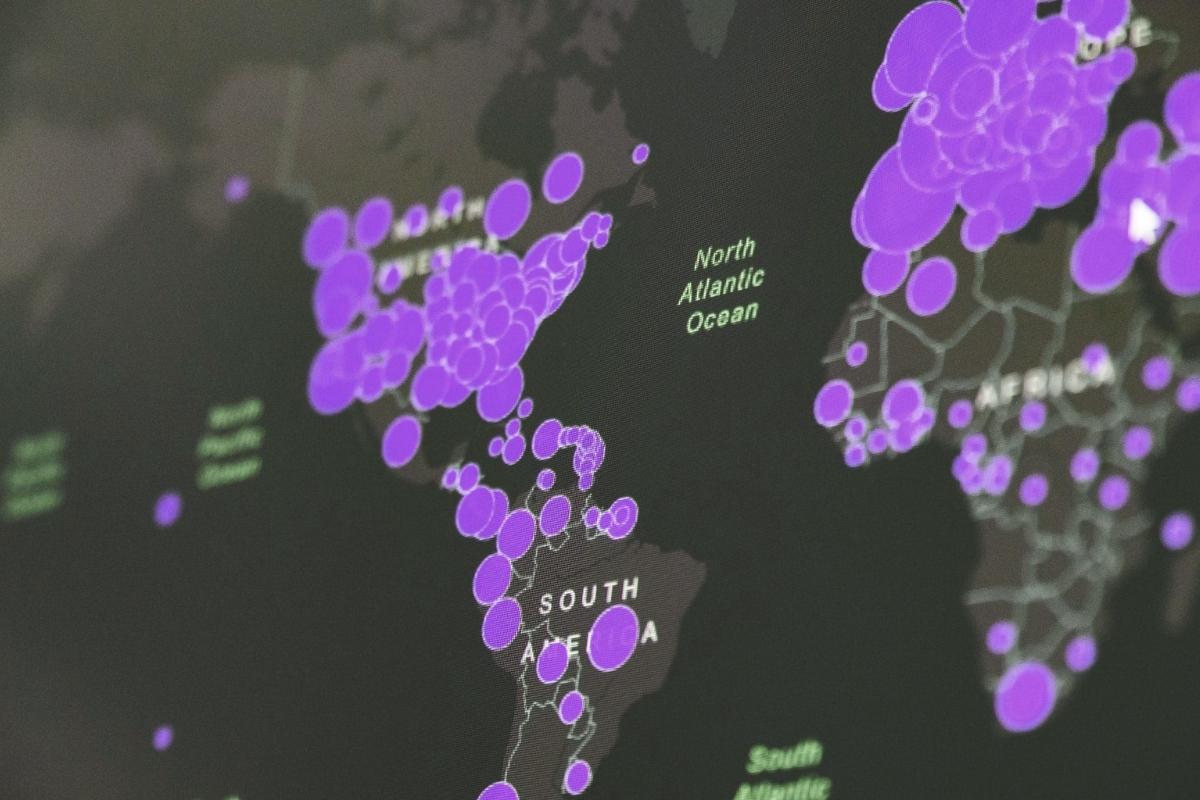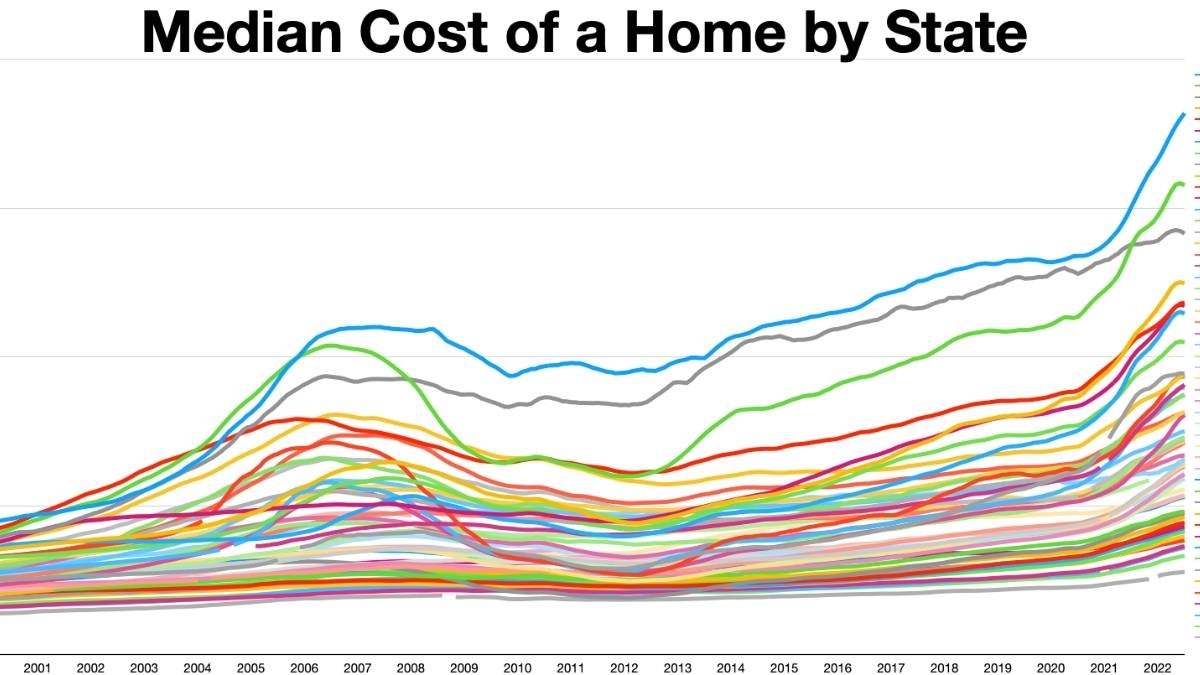For over a century, humanity has waged an ongoing battle against pandemics, from the Spanish Flu of 1918 to COVID-19. Each outbreak has brought devastating losses but also valuable lessons that have shaped global health responses. As new threats emerge, understanding the history of pandemics is crucial in preparing for the future. This article explores key lessons from past pandemics and the evolving strategies in global health to combat future outbreaks.
1. The Evolution of Pandemics: A Historical Perspective
Throughout history, pandemics have reshaped societies, economies, and medical advancements. Some of the most notable pandemics include:
- The Spanish Flu (1918-1919): One of the deadliest pandemics in history, infecting one-third of the world’s population and killing millions.
- The HIV/AIDS Epidemic (1980s-Present): A slow-moving pandemic that continues to impact millions, leading to advancements in antiviral treatments.
- SARS (2002-2003) & MERS (2012): Coronavirus outbreaks that served as warnings for future respiratory diseases.
- COVID-19 (2019-Present): The most recent pandemic, revolutionizing vaccine development and global cooperation efforts.
2. Lessons Learned from a Century of Pandemics
Each pandemic has contributed to a greater understanding of disease control and prevention. Some critical takeaways include:
- Early Detection & Rapid Response: The quicker a disease is identified, the more effectively it can be contained.
- The Role of Vaccines: Vaccination remains one of the most powerful tools in preventing severe illness and fatalities.
- Public Health Communication: Misinformation can be as dangerous as the disease itself, making clear and transparent messaging essential.
- Global Collaboration: No country can fight pandemics alone—international cooperation is key to managing global health crises.

3. The Future of Global Health: Preparing for the Next Pandemic
While history offers valuable lessons, emerging threats require new strategies. Some of the future approaches in pandemic preparedness include:
- AI & Big Data in Disease Tracking: Advanced technology can help predict outbreaks before they spread.
- Universal Vaccine Research: Scientists are developing vaccines that could target multiple virus strains in one shot.
- Strengthening Healthcare Infrastructure: Investing in resilient healthcare systems ensures faster and more effective responses.
- One Health Approach: Recognizing the link between human, animal, and environmental health to prevent zoonotic diseases.
4. The Role of Individuals in Pandemic Prevention
While governments and institutions play a major role, individuals can also contribute to pandemic preparedness by:
- Staying Informed: Following credible sources for health information.
- Vaccination & Preventative Care: Keeping up with recommended vaccines and health measures.
- Practicing Good Hygiene: Simple actions like handwashing and mask-wearing can reduce disease spread.
- Supporting Public Health Policies: Advocating for strong public health initiatives and funding.
The 100-year war on pandemics has been marked by hardship, resilience, and innovation. While history has provided critical lessons, the fight against future pandemics will require continued vigilance, technological advancements, and global solidarity. By learning from the past and preparing for the future, humanity can build a stronger and healthier world.


